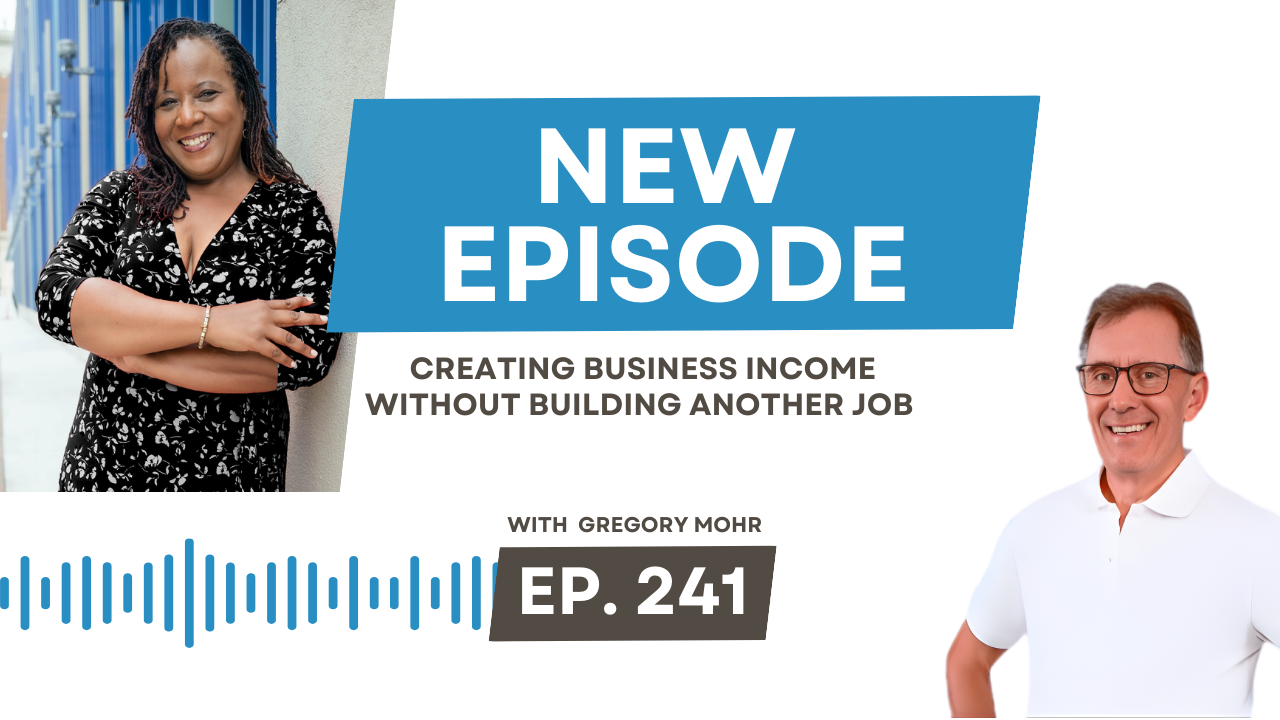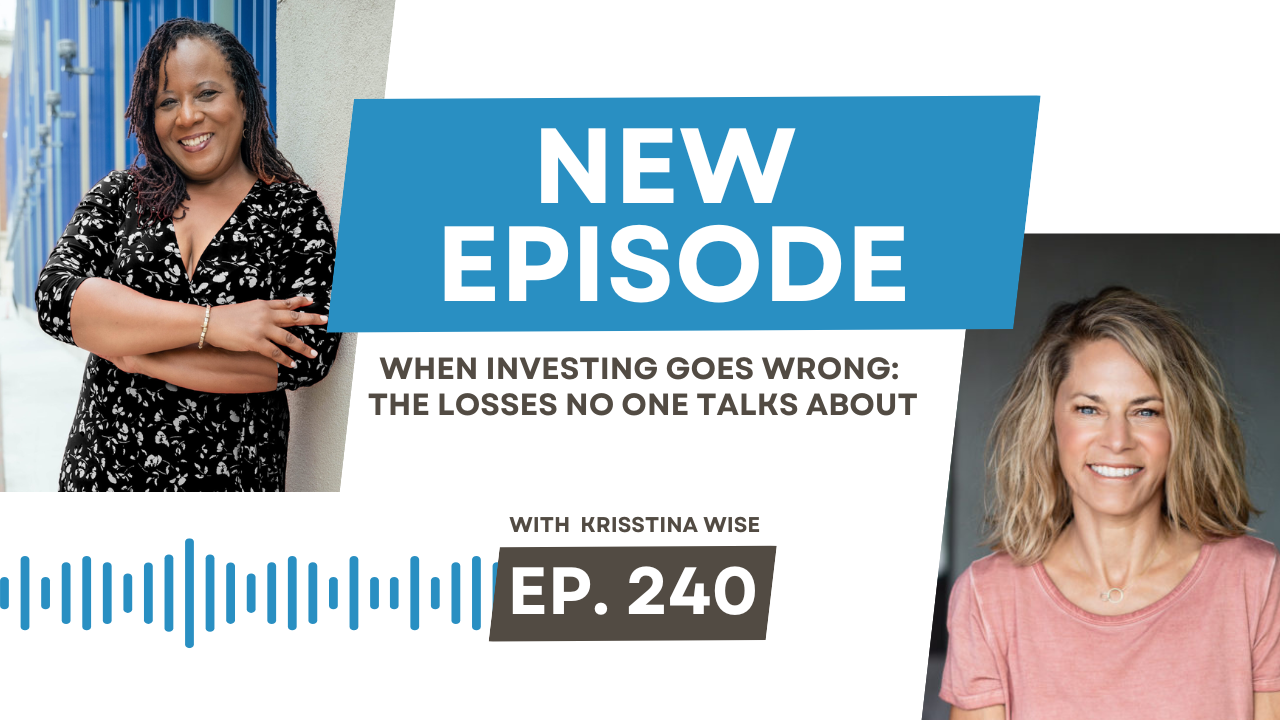A recent article, from the Wall Street Journal, epitomizes Robert Kiyosaki’s book, Rich Dad’s Prophecy, published in 2004. In it, he talked about when baby boomers hit retirement age and would begin to sell their stocks it would cause the stock market to crash.
While the stock market roller coaster happening now has a lot of components to it one of them is that many are selling out of the market.
The article shows that even though many of the stock market losses from the initial shock of economic closure have recovered, the uncertainty remains and those nearing retirement are not willing to risk what they have left waiting to see if the market recovers. Most are selling at a loss.
According to Fidelity Investments, nearly 1/3 of people age 65 or older have sold all of their equity holdings between February and May. That’s compared to 18% across all age groups.
 The typical financial planner advice is to move to “less risky” assets like bonds as you get closer to retirement.
The typical financial planner advice is to move to “less risky” assets like bonds as you get closer to retirement.
In other words, sell your stock and buy bonds. Are bonds less risky? Let’s take a look.
To start, bonds are debt. Stocks are equity. If you put in terms of real estate, having a bond is like loaning money for the project as opposed to becoming an equity partner.
Theoretically, the debt partner has less risk because they are getting their interest payments on a regular basis and have a clear end date to the agreement where they will then have their principal returned and with real estate you have collateral.
Bonds are also rated as to their quality or level of risk. It can become complicated but credit rating agencies such as Moody’s, Standard & Poor’s and Fitch Ratings rate bonds based on their overall risk.
These agencies evaluate issuers’ creditworthiness or the likelihood they’ll repay their debt in full and on time, based on criteria such as the issuer’s track record of repaying its debt, it’s level of cash flow relative to its obligations, and the future economic outlook of its business and industry.
Based on their assessment, the agencies assign bond issues a credit rating, like a grade.
Subprime mortgages were the headline cause of the great recession. In truth, the bonds behind the mortgages were the bigger cause of the decline. The collapse of the bond market was the problem. Mortgages, car loans, and other consumer debt can be put together and sold as a bond, debt, to anyone who wants to buy bonds including pension funds.
Pension funds buy bonds because they are supposedly less risky. We now know that bonds can be risky, ratings agency does not necessarily grade the bonds accurately. There is no asset to foreclose on with a bond, if the borrower does not pay, you have a bond worth nothing.
Paper assets, stocks, and bonds are not backed by anything. They can be worth the paper they are printed on and that’s it. Real estate is well, real. Yes, real estate deals can go bad and you can lose your money. Usually, you can figure out why and it has nothing to do with market manipulation. It was usually something that could have been controlled.
If you like and understand paper assets, that’s great. Make sure that you are diversified. By that I mean, have some real estate assets also, either as a lender or equity investor.
Whatever you invest in, make it something that you care about. Leverage your dollars to improve communities and your bottom line.
There are REAL opportunities available to give your money a mission. Start this discovery by telling us more about you here>> and we’ll get you connected to projects and help you start building resilient wealth.







